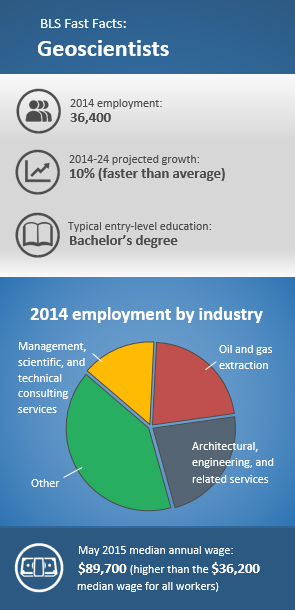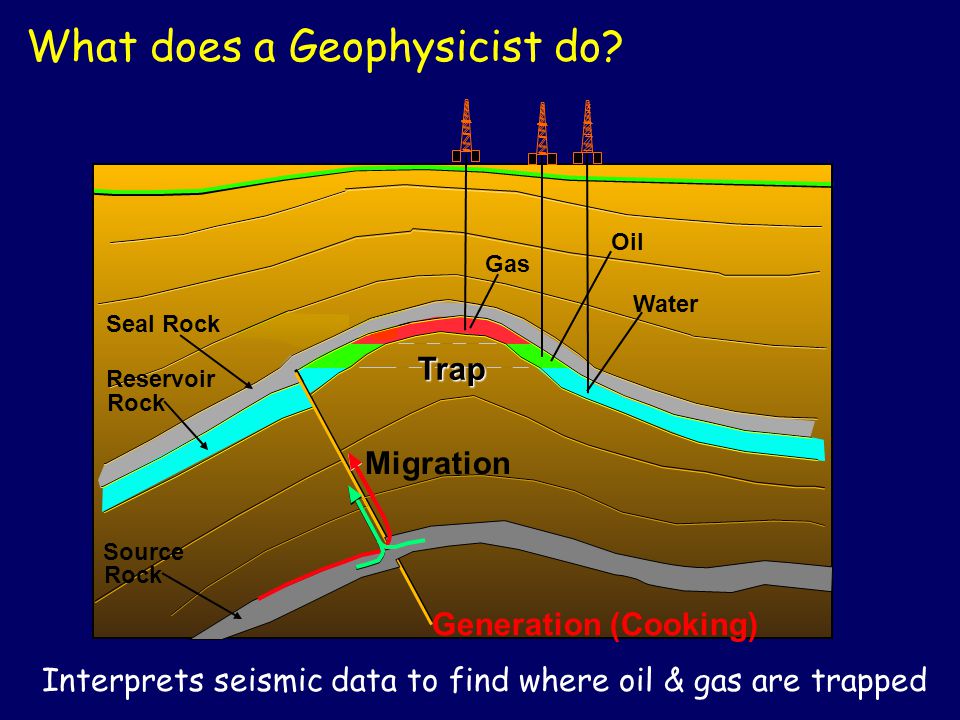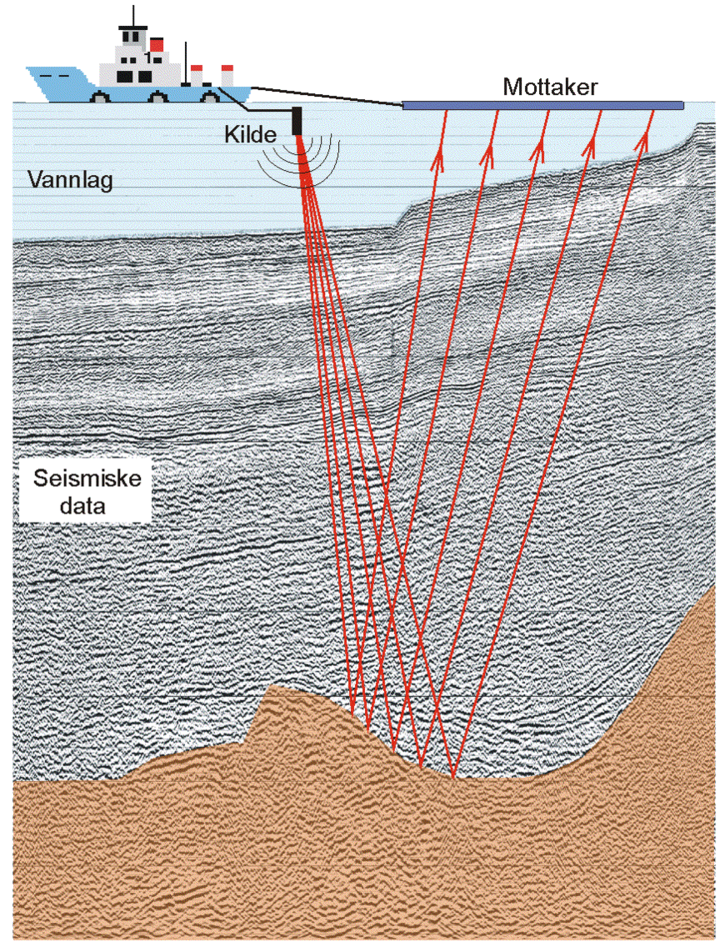All Categories
Featured
Table of Contents
Frequently Asked Questions in Hillarys Oz 2022

Other possible geophysicist majors that aren't geophysics or geoscience consist of: Climatic sciences and meteorology Chemical and physical oceanography Earth science Environmental science Hydrology and water resources science Materials science By earning any geophysicist degree, and by taking the essential geology courses, you should receive an entry-level position as a geoscientist or geophysicist.
Eventually, students should discover: a branch of geology that takes a look at the different aspects of minerals, consisting of chemical composition, internal crystal structure, and physical homes. the research study of rocks and the processes and conditions that form and transform them over time. There are a few neighborhoods in this branch of geology, including igneous, metamorphic, and sedimentary rocks.

This field analyzes structural rock features such as cleavage, faults, joints, and small folds. They must likewise find out the computer abilities required to: examine information develop digital models and maps run geoscientists' software Trainees must also benefit from all chances to gain real-world experience. Ambitious geophysicists must anticipate to hang around knowing: in the classroom in the field in laboratories Obviously, skills taught in the classroom are very important for aiming geophysicists.
What Is The Difference Between Geophysical Method And ... in Peppermint Grove WA 2020
Geoscientists invest a lot of their time outside when working in the field, so they should possess "outside skills" like outdoor camping and operating boats, airplane, and other automobiles. Because they invest a lot time in remote areas, it's important that geophysicists likewise have the physical endurance to carry required devices on their walkings to areas of study.
The job provides: a high typical and top incomes a high rate of personal satisfaction among geophysicists low work stress favorable job outlook More details on earnings capacity and task outlook is detailed below. For students aiming to land an entry-level function as a geoscientist or geophysicist, it takes four years, or the time needed to finish a bachelor's degree in geophysics or an associated discipline.
Some research study positions in geophysics need postgraduate degrees. If you plan to teach at a college or university, you need to earn a Ph. D. in geophysics or a related field. The time it takes to make a Ph. D. varies by organization and program, however it usually takes four to 6 years beyond the bachelor's degree.
Geophysicist Job Description: Salary, Duties, & More in Rivervale Aus 2021
In reality, most employers need candidates to have a bachelor's degree in geophysics or a closely related discipline for all entry-level positions. And, sometimes, employers need a master's degree. As a result, there's no chance around the degree requirements for ending up being a geophysicist. Many employers will expect or require a practicing geologist to be certified for positions beyond those at the entry level.
Currently, 31 states need licensing for geologists, although licensing is not constantly required, particularly for entry-level work. The states that do issue licenses utilize the Principles of Geology Examination (FGE), which is administered through the National Association of State Boards of Geology (ASBOG). Now that you know which degree for geophysicist tasks you require, you'll require to land a task, and it is necessary to learn how much money you can make in this profession.
According to BLS, the average annual wage for geoscientists is $93,580. According to BLS, specific industries use higher earnings for geoscientists, and in some cases, they use higher-than-average incomes.
How To Become A Geophysicist in North Fremantle WA 2021
Mining, quarrying, and oil and gas extraction offers over $32,000 more each year than the average yearly wage for this profession. The federal government, too, uses over $10,000 more in profits than the national average for geoscientists. In addition to industry type, geographic place can significantly impact incomes for this profession.

The top-paying states and their yearly mean earnings, according to the BLS, include: Texas $166,720 Oklahoma $149,630 Pennsylvania $120,590 Hawaii $120,130 Colorado $107,260 These 5 top-paying states provide much higher incomes than the average for this occupation. In reality, wages for geoscientists in Texas are over $73,000 greater than the nationwide average.
It needs to come as no surprise that many of these high-paying locations are in Texas and Oklahoma, but some are discovered in California, Louisiana, and Colorado. The top 10 highest-paying metro locations for geoscientists are: Houston-The Woodlands-Sugar Land, Texas: $188,400 Tulsa, Oklahoma: $186,490 Midland, Texas: $167,040 Odessa, Texas: $147,080 Oklahoma City, Oklahoma: $145,350 Bakersfield, California: $130,080 Urban Honolulu, Hawaii: $124,470 New Orleans-Metairie, Louisiana: $121,030 Washington-Arlington-Alexandria, DC, VA, MD, WV: $120,180 Denver-Aurora-Lakewood, Colorado: $116,910 For some geoscientists and geophysicists, living in a metro city is not as attractive as residing in a smaller sized community.
Table of Contents
Latest Posts
Geophysical Survey - Mining Fundamentals in Mahogany Creek Aus 2023
How To Become A Geophysicist in South Fremantle Oz 2022
Field Geophysicist - Parsons Careers – Engineered Systems in Ballajura Aus 2021
More
Latest Posts
Geophysical Survey - Mining Fundamentals in Mahogany Creek Aus 2023
How To Become A Geophysicist in South Fremantle Oz 2022
Field Geophysicist - Parsons Careers – Engineered Systems in Ballajura Aus 2021